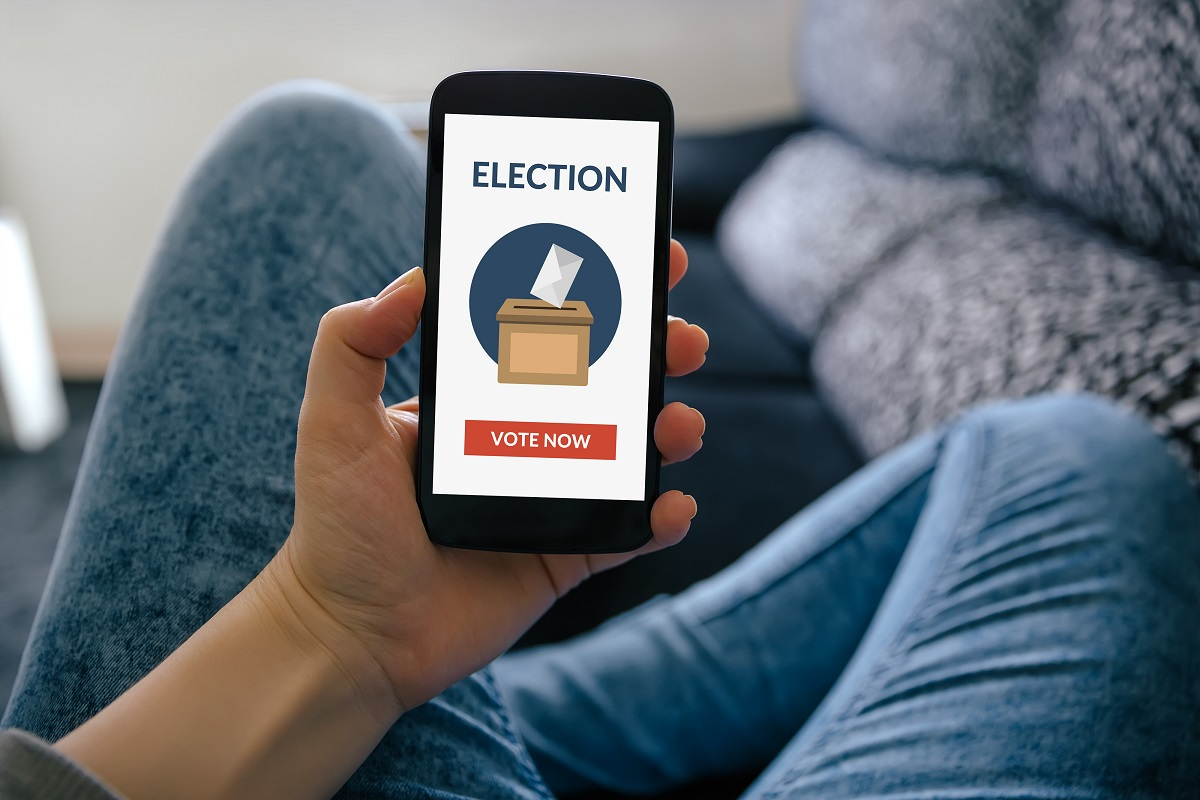
Voting and Blockchain
Blockchain technology has the potential to revolutionize the way we vote by offering a secure, transparent, and auditable way to cast and count votes. In this essay, we will explore the benefits and challenges of using blockchain for voting, as well as some of the current and potential use cases for this technology in the electoral process.
One of the key benefits of using blockchain for voting is its ability to provide a secure and transparent voting process. Traditional voting systems are often vulnerable to fraud, tampering, and other types of interference, which can undermine the integrity of the electoral process. Blockchain technology, on the other hand, offers a decentralized and immutable record of all votes, which makes it virtually impossible to alter or manipulate the results. This can help to increase confidence in the electoral process and ensure that the outcome reflects the will of the voters.
In addition to security, blockchain voting systems can also provide greater transparency by allowing voters to see how their votes are being counted and recorded. This can help to increase confidence in the electoral process and reduce the potential for fraud or misconduct. Some blockchain voting systems even allow for real-time tracking of votes, which can further increase transparency and accountability.
Another benefit of using blockchain for voting is its ability to facilitate remote and online voting. This can make it easier for people to participate in elections, particularly those who may have difficulty physically going to a polling station, such as individuals with disabilities, military personnel serving overseas, or people who live in remote areas. By enabling remote voting, blockchain technology can help to increase turnout and participation in elections.
Challenges
However, there are also challenges to using blockchain for voting.
- One of the main challenges is the need for technical infrastructure and expertise to implement and maintain a blockchain voting system. This can be particularly challenging for countries or organizations with limited resources or technical expertise.
- Additionally, blockchain voting systems may also require a certain level of technological literacy from voters, which may exclude some individuals who are not comfortable with using digital technologies.
Use cases
One potential use case for blockchain voting is in national elections, where it could be used to ensure the integrity of the voting process and increase transparency. In addition to enabling remote voting, blockchain technology could also be used to create a secure and auditable record of all votes, which could help to reduce the potential for fraud or interference. For example, West Virginia and Utah have both conducted successful pilot projects using blockchain voting systems in primary elections, and the Swiss canton of Geneva has also piloted a blockchain voting system.
Another potential use case for blockchain voting is in local elections, such as elections for city councils or school boards. By enabling online voting, blockchain technology could help to increase turnout and participation in these elections, particularly among younger and more technologically savvy voters. Additionally, by providing a secure and transparent voting process, blockchain technology could help to increase confidence in the electoral process and reduce the potential for fraud or misconduct.
In addition to elections, blockchain voting could also be used for other types of polls and surveys, such as opinion polls or employee satisfaction surveys. By providing a secure and transparent way to conduct these polls, blockchain technology could help to increase the reliability and credibility of the results.
Overall, while there are challenges to using blockchain for voting, it is clear that this technology has the potential to revolutionize the way we cast and count votes. By providing a secure, transparent, and auditable voting process, blockchain technology can help to increase confidence in the electoral process and facilitate greater participation in elections. It is likely that we will see more widespread adoption of blockchain voting systems in the coming years, as more countries and organizations look to leverage this technology to improve the security and transparency of their electoral processes.

Comments